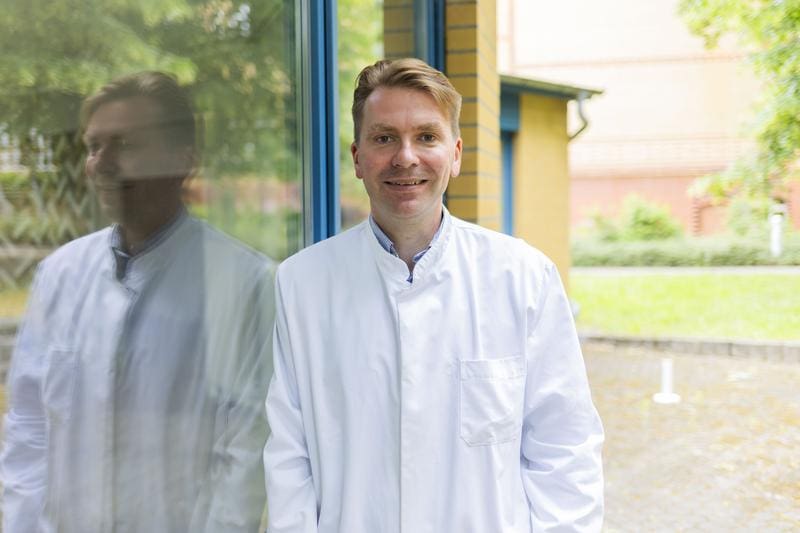Laboratory as a lifesaver: Organoids enable personalized treatment of colorectal cancer
An interdisciplinary team from the University Medical Center Magdeburg has developed new approaches for the individual therapy of colorectal cancer. In a study published in the journal Molecular Oncology, the scientists show that mini-tumors from patient tissue, so-called organoids, are suitable for testing the effectiveness of drugs in advance. The protein xCT was identified as a potential biomarker that could facilitate the selection of the appropriate treatment.
Colorectal cancer is one of the most common forms of cancer worldwide and is difficult to treat in advanced stages. The researchers used organoids, which are grown in the laboratory from tumor and normal tissue, to test therapies risk-free. In the study, they analyzed samples from 32 patients and focused on the protein xCT, which controls metabolic processes in cancer cells and promotes their growth. Tumors with high xCT activity responded better to certain chemotherapies. In the future, xCT could help to assess the chances of success of treatments in advance and avoid unnecessary side effects.
The results underscore the potential of patient-specific organoids for personalized medicine. Although the findings are promising, they need further validation in larger studies before they are adopted into clinical practice. An observational study is currently being prepared at the clinic’s certified colorectal cancer center, in which cell models from patient samples will be compared with clinical therapies in order to prove the reliability of the method.

In addition, the researchers plan to investigate the role of xCT in connecting tumors to the intestinal nervous system. The study benefited from close collaboration between surgeons, nurses and laboratory researchers. The medical student Marco Strecker, who accompanied the work from sample collection to evaluation, received a doctoral scholarship and a prize at the ResearchDays in the Medical Research category for his contributions. The early involvement of young scientists strengthens training and research.
In addition to the University Medical Center Magdeburg, institutions such as the Hebrew University of Jerusalem, the Hadassah-Hebrew University Medical Center, the National Center for Tumor Diseases Dresden and the University Hospital Dresden participated in the study. The team is building a platform for patient-sized tumor organoids that will enable collaborations with the University Medical Center Halle and European networks. Organoids not only serve as test systems, but could also reduce animal experiments in biomedical research.
The research was funded by the European Regional Development Fund as part of the Saxony-Anhalt Science Focus Initiative and by the Clore Foundation, among others.




